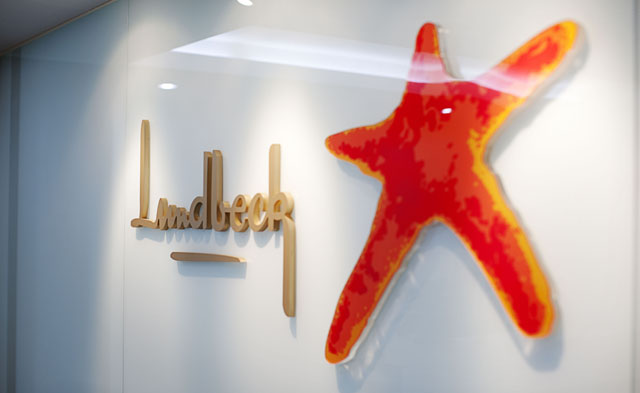Lundbeck/Otsuka look for new use of mental health drug

Lundbeck and Otsuka are seeking to extend their US licence for Abilify for use in bipolar disorder.
Currently approved in schizophrenia, the companies have asked the FDA to expand the label of Abilify Maintena (aripiprazole), to include maintenance treatment of bipolar disorder.
In a statement, they said the FDA had accepted the filing and will make a regulatory decision before the end of July.
Abilify Maintena was approved in the US in 2013 for schizophrenia and allows injections every 30 days following an initial injection and a two-week course of oral antipsychotics.
Otsuka developed Abilify Maintena in Japan for adults with schizophrenia and co-commercialises the drug with Lundbeck.
It was approved in the US in 2013 in schizophrenia and is now available in countries including Europe, Canada and Australia.
It is an intramuscular depot formulation of aripiprazole – the active ingredient of Otsuka’s older drug, Abilify.
The new use would add to sales that are already growing fast – Lundbeck reported that in 2015, sales of Abilify Maintena increased by 191% in local currencies, to 669 million Danish Krone (£76 million).
In Q3 Lundbeck also raised its profit and revenue forecast after stronger than expected results.
However the company is rebuilding after patents expired on key drugs such as Ebixa (memantine) for Alzheimer’s and the oral formulation of Abilify.
In September Europe’s General Court upheld a 146 million euro fine imposed on Lundbeck by the European Commission relating to a so-called “pay for delay” agreement, restricting competition on the Danish company’s older antidepressant, citalopram.
The Commission had ruled that Lundbeck had illegally paid generic producers to delay launch of their copies after its patent expired.
Following an appeal by Lundbeck, supported by the trade body the European Federation of Pharmaceutical Industries and Associations, the General Court upheld the European Commission’s decision and its fine.












